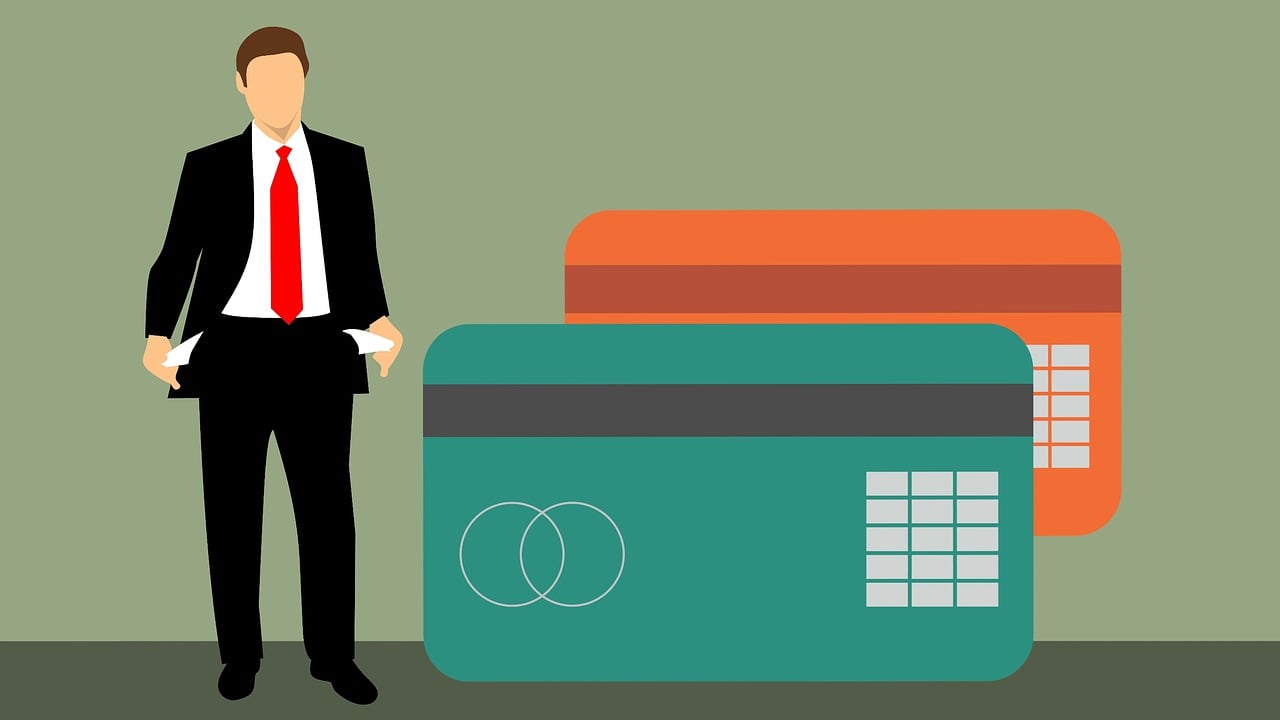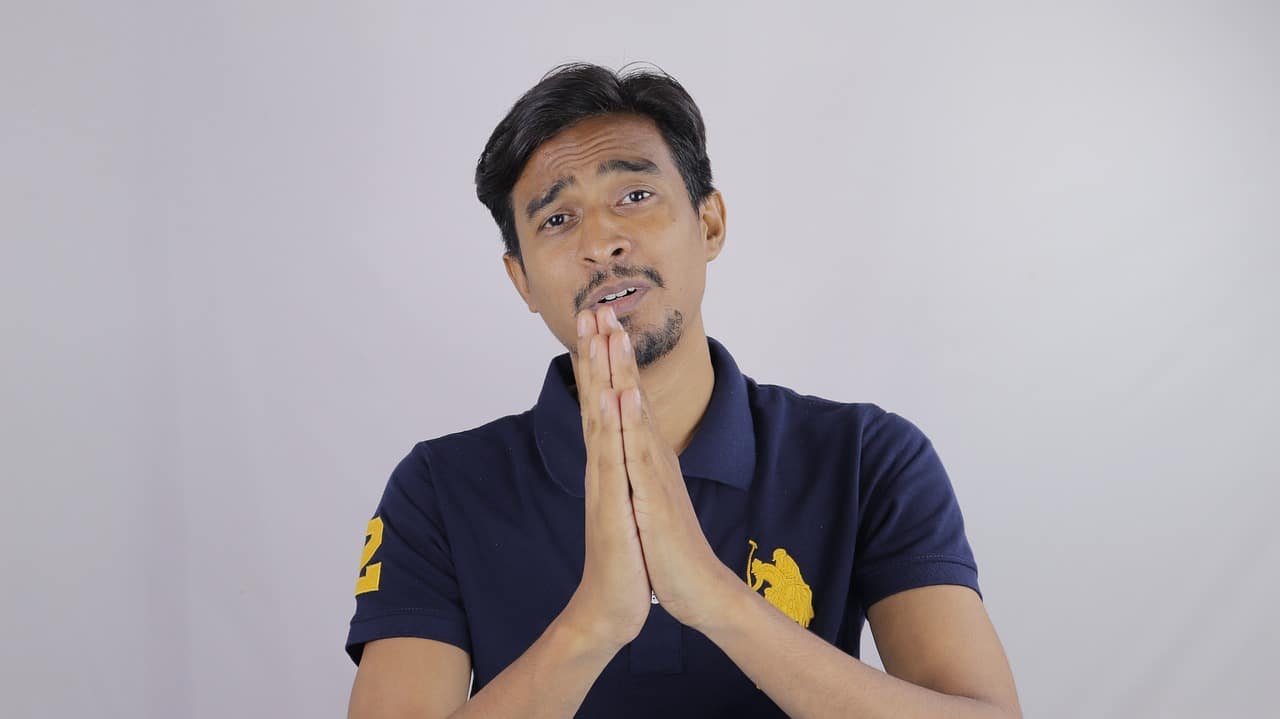
A debt is an obligation to pay.
Debt is a concept that derives from a word from Latin and whose meaning refers to the obligation that a person or organization has to pay, repay or satisfy something (generally money ) to another. Some examples where the concept appears may be: “I am very worried because I don't know how I am going to pay my debts,” “I have a debt of 2,000 pesos with Juan,” “The most important thing to avoid having financial problems is not to incur debts.” ” .
Various types of debts can be assumed in the economy of a country. They are found within what is known as public debt and is that assumed by the State and recognized through interest-bearing securities. Said public debt can be external (when it is paid abroad, with foreign currency ), internal (it is paid in the country itself with national currency), consolidated (perpetual in nature, with securities that produce a fixed income) or floating (with maturities at fixed term or subject to agreement), among other classifications.
In the individual economy of citizens there are also various assumed debts, which are defined as accounts payable . They can occur when the subject requests a loan or when they purchase products in installments or with deferred payment. If a person buys a television and pays only 50%, leaving the other half pending payment until the following month, they will have incurred a debt.
Moral debt
In a sense totally removed from the economic, the notion of debt can be linked to a moral obligation that is contracted with someone ; It may result from a favor received from another person that generates the need in the person who is helped to return said favor.
There are ready-made phrases in which this type of debt is reflected: “You saved my life: I am indebted to you,” “The truth is that I feel indebted to Daniela since I have not been able to help her,” “You helped my son.” and I collaborated with yours: there are no debts between us.”

A person can incur a moral debt.
The term in anthropology
In the field of anthropology , debt is a concept related to the relationship between citizens and the authority of the community. According to Pierre Clastres , a French anthropologist, primitive societies imposed a debt on their leader based on the tribe he led. He had to assume the obligation to protect, to make decisions and to return that trust expressed towards him in positive results for the life of the entire community.
This relationship between tribal chief and the rest of the community allowed community life to develop in an organized and balanced way: some blindly trusted the chief and he felt the responsibility to protect because he felt flattered by that respect and trust.
According to anthropology, this debt relationship has changed drastically in modern societies where the roles have been reversed.
With the emergence of the State , it is the people who are always in debt to their rulers and not the other way around; For this reason, certain responsibilities and obligations arise on the part of the citizens that lead them to assume responsibilities that in a primitive community the chief would assume . The people are indebted to their sovereigns and for this reason they also fear them and this leads them not to rebel in the face of problems, but to assume their place and try to satisfy the desires and will of those who lead them.
